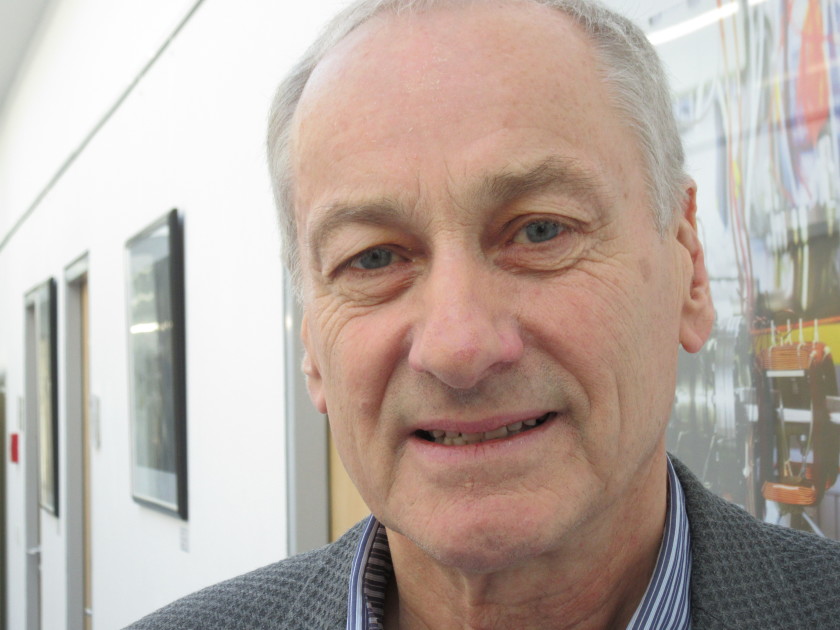Helmholtz International Fellow Award for Nils Mårtensson

Nils Mårtensson, University of Uppsala, cooperates closely with HZB.
The Helmholtz Association has presented the Swedish physicist Nils Mårtensson with a Helmholtz International Fellow Award. The synchrotron expert of the University of Uppsala, who heads the nobel comitee for physics, cooperates closely with the HZB-Institute Methods and Instrumentation for Synchrotron Radiation Research.
Nils Mårtensson is a professor at Uppsala University. He directed the development of the Swedish synchrotron radiation source Max IV and received a grant from the European Research Council (ERC) in 2013. Mårtensson is a member of the Swedish Academy of Sciences and chairman of the Nobel Committee for Physics. At HZB, he cooperates with Alexander Föhlisch's team at HZB-Institute Methods and Instrumentation for Synchrotron Radiation Research. Together they run the Uppsala Berlin Joint Laboratory (UBjL) to further develop methods and instruments.
In 2018, the Helmholtz Association presented a Helmholtz International Fellow Award to five outstanding international scientists in this call for proposals. All of them have already worked closely with Helmholtz Centres and presented concrete plans to continue the cooperation. "We hope that they will also be ambassadors for further cooperation between their institutions and the Helmholtz Association," says Otmar D. Wiestler, President of the Helmholtz Association.
red.
https://www.helmholtz-berlin.de/pubbin/news_seite?nid=14856;sprache=en
- Copy link
-
The twisted nanotubes that tell a story
In collaboration with scientists in Germany, EPFL researchers have demonstrated that the spiral geometry of tiny, twisted magnetic tubes can be leveraged to transmit data based on quasiparticles called magnons, rather than electrons.
-
Ernst Eckhard Koch Prize and Innovation Award on Synchrotron Radiation 2025
At the 27th BESSY@HZB User Meeting, the Friends of HZB honoured the dissertation of Dr Enggar Pramanto Wibowo (Friedrich-Alexander University Erlangen-Nuremberg). The Innovation Award on Synchrotron Radiation 2025 went to Prof. Tim Salditt (Georg-August-University Göttingen) and Professors Danny D. Jonigk and Maximilian Ackermann (both, University Hospital of RWTH Aachen University).
-
Bright prospects for tin perovskite solar cells
Perovskite solar cells are widely regarded as the next generation photovoltaic technology. However, they are not yet stable enough in the long term for widespread commercial use. One reason for this is migrating ions, which cause degradation of the semiconducting material over time. A team from HZB and the University of Potsdam has now investigated the ion density in four different, widely used perovskite compounds and discovered significant differences. Tin perovskite semiconductors produced with an alternative solvent had a particular low ion density — only one tenth that of lead perovskite semiconductors. This suggests that tin-based perovskites could be used to make solar cells that are not only really environmentally friendly but also very stable.
